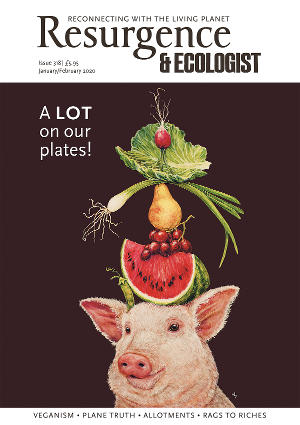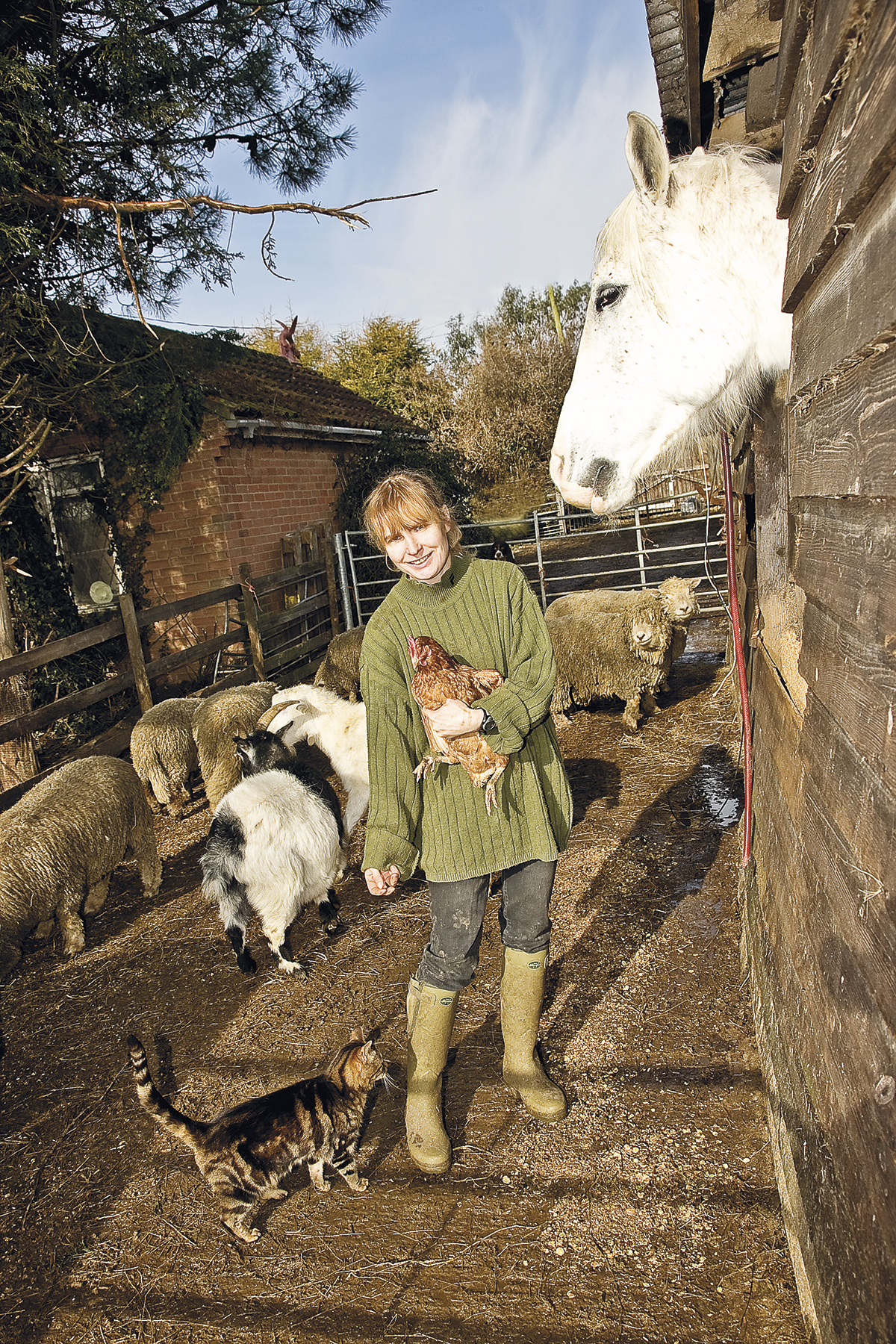My running is accidental activism in its rawest form. Almost two decades ago – before Twitter and Facebook – the only way to get a message to the masses was via the mainstream media. Marathon running was creating waves; Paula Radcliffe was making the headlines. I have been vegan since the age of six, moved by my abhorrence of violence against other living things. Marathon running was a platform for me to promote veganism; I just had to invent a way to access it. Could I compete in a marathon? Could I even complete a marathon? Double uncertainties for me, having one kneecap missing and, after multiple surgeries, being told I would never walk properly, let alone run.
The only way to find out was to try. I just wanted to be the best I could to represent veganism in its full and pure glory. When success arrived, so did my desire to achieve more. Now seemed like the obvious time to find a coach, trainer or anyone who could help me get to the next level of competition, but that proved impossible, as the school of thought at the time was – and still is in many cases – that you cannot achieve sporting excellence and be vegan.
Overwhelming opinion was that the two things do not work together – that they just aren’t compatible. I was told in no uncertain terms that any effort to improve my performance would be negated by what was considered to be inadequate nutritional fuelling. But this was precisely the negativity and misconception I was trying to address, and promoting veganism was the only reason I was out there punishing myself – it was a stance that was absolutely not up for negotiation. After multiple rejections and even hostile reactions, my only option was to go it alone and learn by trial and error the craft of an elite endurance athlete.
In 2004 I started the running club Vegan Runners so that I could promote the word proudly and positively across my torso as I lined up with the very best at the world’s major marathons. Now, with four world records, selection to run for my country, 2.38 marathon personal best, multiple course records, wins in places varying from the freezing tundra of the North Pole and Antarctica to the high altitude of the Atacama Desert and the scorching heat of the Sahara, my veganism has not inhibited me. It has enhanced my performance both physically and mentally.
Undeniably we can survive as vegans, but we can also thrive, do incredible things, have ‘superhuman’ achievements, all fuelled by plants. Mentally, I see clearly, I know no suffering has gone into my performance, and illustrating this to others gives me the strength, passion and desire to encourage them to follow my lead, and to challenge the myths, break down the stereotypes and set the bar higher and higher at each event in which I compete.
Nutritionally veganism presents no challenge in achieving sporting excellence. The only barrier I have found is toxic human negativity creating contrary and conflicting opinions about its viability and sustainability. As more and more high-profile elite athletes turn to veganism, this barrier will diminish, until eventually it will vanish. It’s not too late – regeneration, reforestation, regulation, restraint, recycling, rebuilding and realigning our thought processes to fit a new, positive, ethical and sustainable global model is what will drive me and many others like me to great achievements – on and off the athletic field.
For more information: www.towerhillstables.org | www.fionaoakesfoundation.co.uk | www.runningforgoodfilm.com








